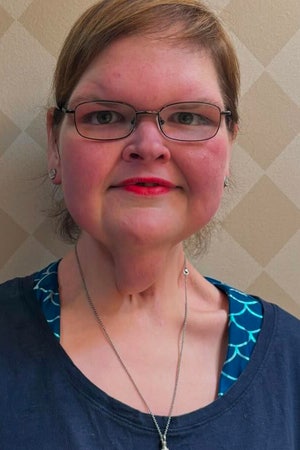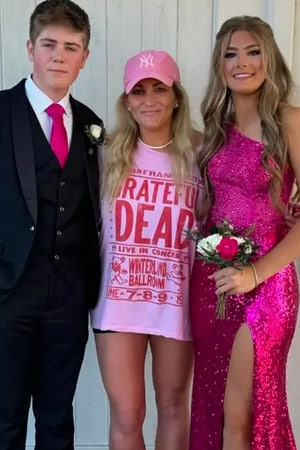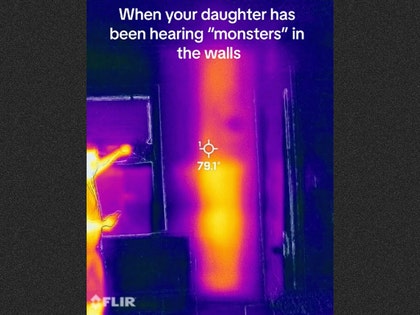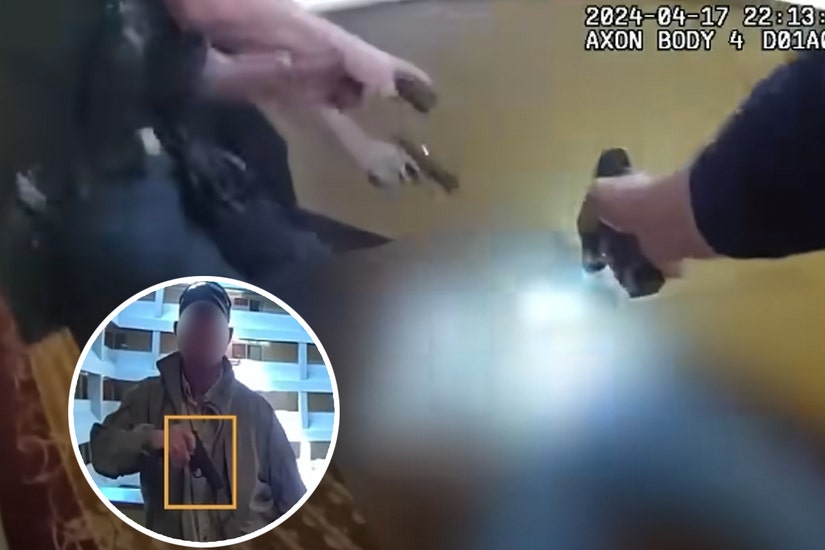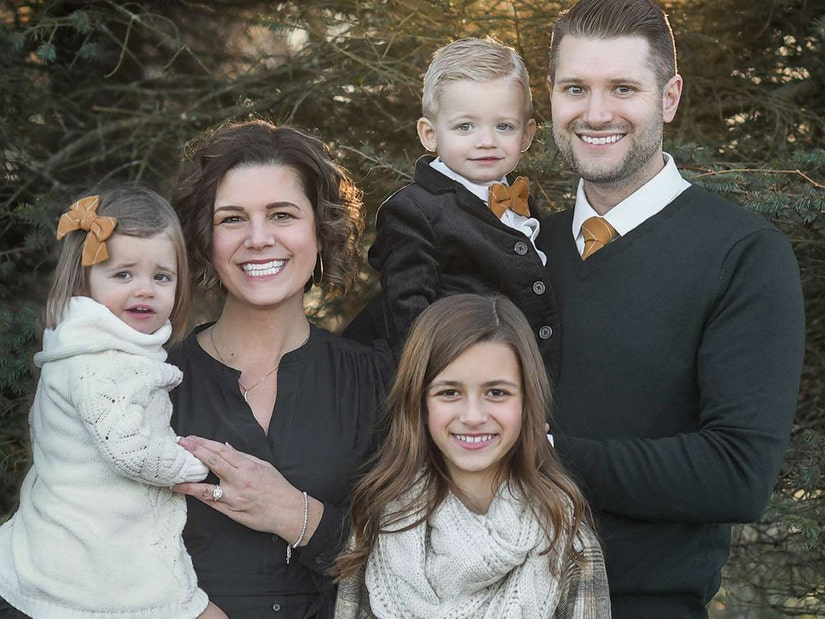 Tammy Myers
Tammy Myers
A Michigan woman who was forced to legally adopt her own children due to outdated surrogacy laws says she's "almost at the finish line" in her years-long battle to change the state's laws.
Tammy Myers was euphoric with joy when handed her twin babies on January 11, 2021. It was in the Michigan hospital where she received a call from their attorney that a judge had denied their cursory request for an emergency order for rights.
It would be nearly two years before she and her husband Jordan were able to be listed on the twins' birth certificates as their parents, despite being biologically just that. And it's all because they chose to go the route of surrogacy.
 Getty
Getty
JoJo Siwa Reveals She Has Sperm Donor 'Lined Up,' Shares Names She's Already Picked Out
View StoryIt was a decision necessitated by Tammy's 2015 breast cancer diagnosis while they were planning to expand their family; the couple also shares a daughter. Things took a turn for the family when their babies were born eight weeks early, per ABC News.
Due to the way surrogacy laws work in Michigan, the couple filed a pre-birth order for their twins. The problem is that they babies' early arrival meant that the twins were born before the order could be approved.
Since that time, the couple has seen two more pre-birth orders denied, leaving them only one option. They would have to file to adopt their own biological children. The state's Surrogate Parenting Act of 1988 requires a judge to rule that someone going through surrogacy be named parent to the child, or go through the adoption process.
Being unable to place themselves on their children's birth certificates, the Myers' asked their surrogate and her husband if they would be the twins' godparents, listing their names on the birth certificate.
 Warner Bros.
Warner Bros.
Kathy Hilton Breaks Down Revisiting Moment She Met Paris Hilton's Son After Secret Surrogate Birth
View StoryIn December 2022, the couple was finally allowed to adopt their children, but Tammy wasn't satisfied to let it end there after enduring nearly two years of legal stress and hassle over what she called an "insanely outdated" law.
"I honestly don't think that I'll be able to put it behind me until I see this law changed," she said at the time.
Now, approximately fifteen months on from adopting their kids, Myers tells People magazine, "We're almost at the finish line. For the first time in a long time, the air feels a little lighter."
Explaining why she couldn't stop the fight even after her family achieved their goals, Tammy told the magazine, "It's never felt done because for me, the end wasn't our adoption. The end was changing and writing this wrong, that I didn't want any other family to go through this."
She went on to add, "The whirlwind of the last three years and the trauma that has ensued because of it, I was so fixated on the end goal that it was a race to get across the finish line."
 Getty
Getty
Olympian Tara Lipinski Welcomes Child Via Surrogate After Fertility Struggles
View StoryOn November 8, the new Michigan Family Protection Act passed the state's House and is poised to move on to the Senate next week, where it is expected to also pass.
"It's the grit, bravery and strength of Tammy and Jordan Myers, and every family who stepped forward to share their stories, that will help us in our effort," says Congresswoman Hillary Scholten. The new legislation ensures children will have access to a secure legal relationship with their parents.
Michigan Governor Gretchen Whitmer made it clear that she's just waiting for the bill to make it to her desk. "I look forward to reviewing and then signing the Michigan Family Protection Act when it reaches my desk," she posted on X/Twitter Thursday. "I will continue working closely with my partners in the Michigan Legislature to make our state the best place to start, raise, and grow your family."
Now, with the bulk of the work behind her, Myers is able to reflect on what she's about to accomplish. "Knowing that if these bills are passed into law it will help countless Michigan families who will someday walk in my shoes puts it all into perspective for me," she said.
She recalled the moment during the state's Senate hearing on March 7 when she spoke with the executive director from the fertility center she'd used. "The director turned to me and said, ‘Do you realize how big this is and how much this is going to impact other families that won’t have to go through everything you went through."







